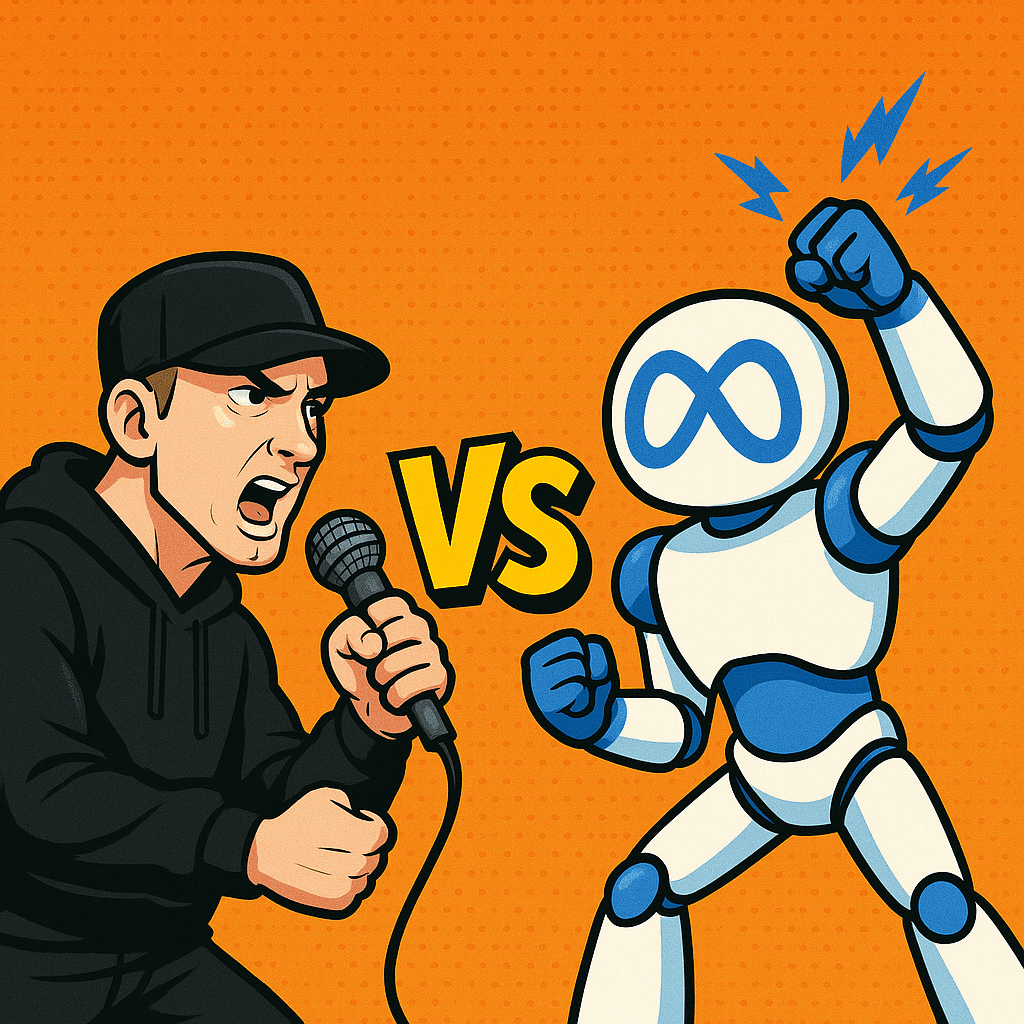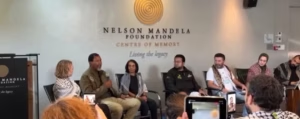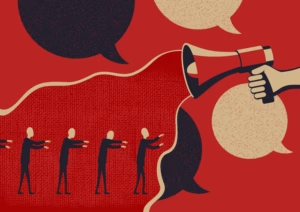American rap superstar Eminem has launched a significant legal challenge against Meta Platforms, the parent company of Facebook, Instagram, and WhatsApp, in a lawsuit that could see the tech giant facing a financial blow exceeding R2 billion.
The artist’s publishing company, Eight Mile Style, has filed legal action claiming that Meta unlawfully exploited 243 of Eminem’s tracks without obtaining the necessary permissions.
Court documents dated 30 May and reviewed by E! News reveal that the musician, whose legal name is Marshall Mathers III, alleges Meta permitted the “unauthorised storage, reproduction and exploitation” of his music across its suite of social media platforms.
At the heart of the lawsuit are Meta’s platform features such as Reels and Original Audio. The filing contends that these tools actively encourage users to incorporate music—including Eminem’s catalogue—without securing appropriate licences or providing proper credit.
“unauthorised storage, reproduction and exploitation”
Eminem, a multi-Grammy Award-winning artist, is now pursuing financial recompense for what he deems the theft of his intellectual property. The suit is seeking either compensation equivalent to the revenue lost and damages based on Meta’s related earnings or, alternatively, the maximum statutory damages of $150,000 (approximately R2.1 million) per track. If granted in full, the damages could surpass $109 million (around R2.05 billion).
Should this legal battle succeed, it may establish a far-reaching precedent for the manner in which social media platforms handle copyrighted material in the ever-evolving landscape of user-generated video content.
This development is raising pertinent questions regarding current industry standards and the balance between user creativity and artist rights. How does Meta typically approach music copyright? According to its published Music Guidelines, the company allows the use of music drawn from its licensed Sound Collection or through other authorised channels. However, it expressly forbids the use of unlicensed tracks for commercial or non-personal purposes.
“If you post content that contains music owned by someone else, your content may be reviewed by the applicable rights owner and your content may be blocked, muted or removed if your use of that music is not properly authorised,”
reads Meta’s Music Guidelines.
As this case progresses, it may call into question whether these existing policies provide adequate protection for artists—or whether more robust enforcement mechanisms are required.
Meanwhile, another significant development in the music and tech landscape underscores the ongoing importance of comprehensive licensing arrangements. Universal Music Group’s catalogue has returned to TikTok following a far-reaching licensing agreement unveiled last year.
The agreement aims to strengthen the financial well-being of UMG’s artists, songwriters, and labels worldwide by leveraging TikTok’s technological capabilities and marketing resources.
This partnership not only seeks to ensure enhanced compensation for creators but also paves the way for innovative promotional strategies while implementing strict safeguards related to the use of generative artificial intelligence.

















